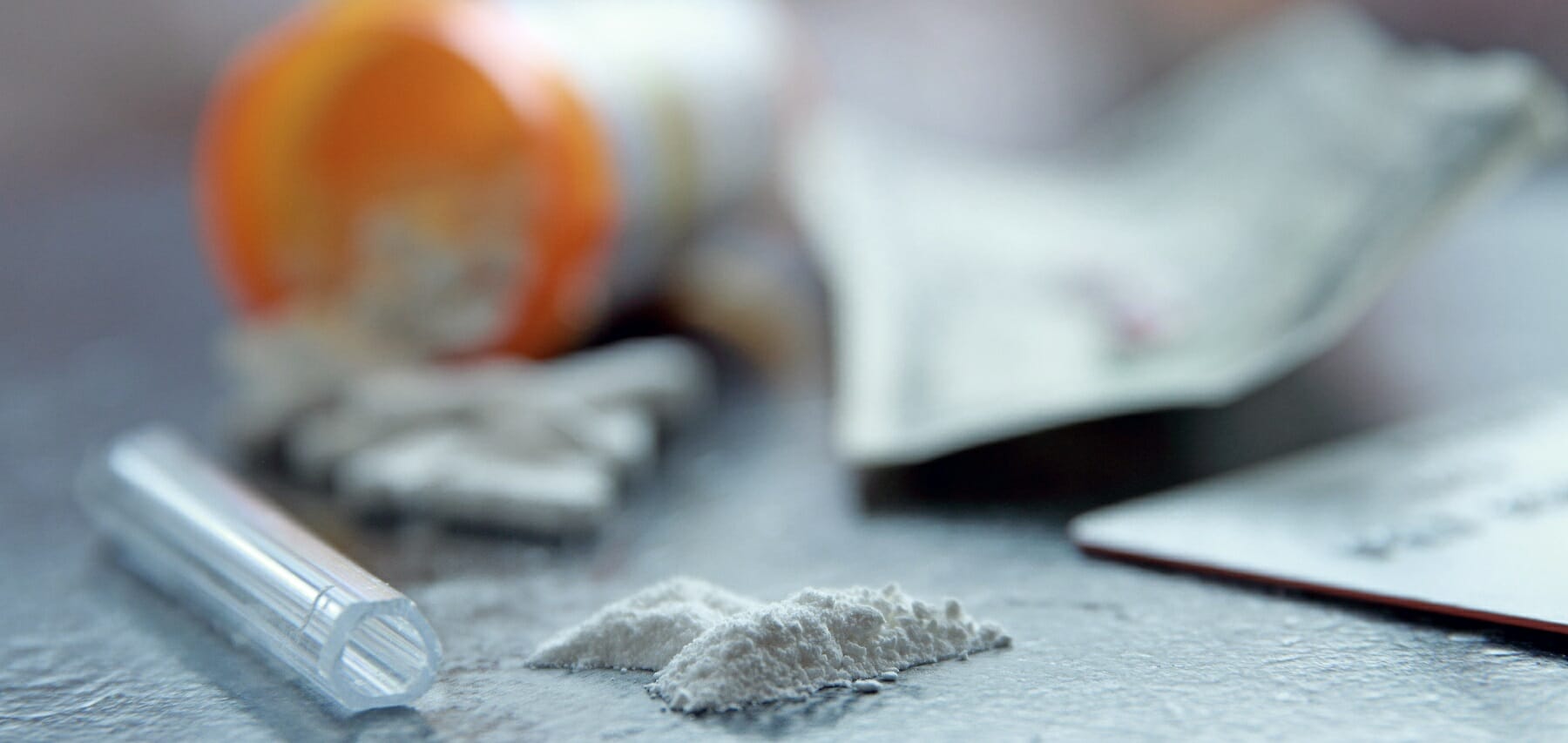
You can play a powerful role in helping someone overcome drug addiction, but you can’t do it all on your own. If this person you care about is going to have the best chance of long-term success now and into the future, they need the help and guidance of professionals who know what works on the difficult road to recovery. Take a look at some helpful tips to align your perspective and your actions in the most positive direction.
No matter what happened yesterday or the day before that, today is the first day of the rest of our lives. This is true for addicts too, but they likely have some rebuilding to do from where they are before they can move forward with life. Yes, that process of rebuilding can be complicated, but they don’t need to do it alone.
Addiction treatment centers have designed programs that really work to help people get back on their feet with substance use disorders, to reevaluate their goals and priorities, and to resolve broken links in their life that resulted from their drug abuse. Not only would detoxification and withdrawal be prohibitively difficult to do alone, but this complicated rebuilding process would also be extremely challenging to accomplish without help.
So, where do you come in when helping someone overcome drug addiction? Let’s look carefully at the ways that you can help versus the support that must come from professionals and other key systems in the recovery process.
What Is Your Role in Helping Someone Overcome Drug Addiction?
Drug addiction doesn’t just affect the person at the center of it. It can affect everyone in the addict’s life. And when someone does get on the road to recovery for their substance use disorder, the doors also open for friends and families to walk the recovery journey for their own sake. If someone you care about is struggling with drug addiction, you can take important steps to help them along the recovery path, but it is ultimately important that they are supported by a comprehensive recovery community.
You can’t be their only source of support. In fact, while you can offer very important help to someone with a substance use disorder, their primary support system should instead be composed of experienced clinicians and peers who are also active in recovery. It can be hard to resist the urge to do more for your loved one, but for their sake as well as your own, it’s important to observe certain boundaries and let addiction specialists guide them toward success. You can help to connect them with that professional attention and care in the first place.
9 Tips for Supporting Someone Toward Addiction Recovery
Drug addiction and recovery can be confusing. And there are right and wrong ways to support someone who is on the path toward greater wellness. Here are some things to keep in mind and some actions to take when helping someone overcome drug addiction.
1 – Be realistic
Expect that there will be roadblocks, resistance, and possibly relapse. But also expect that rehabilitation and recovery are possible with the right steps forward. Find a balanced perspective so you can stay encouraged and positive even amidst the inevitable challenges to come.
2 – Remember that they are still the person you know and care about even through the challenges
Sometimes, it can be hard to clearly that person through the veil of their drug abuse. But dependence and addiction inspire unfortunate, often desperate actions. They may not be in complete control of their words and their actions so it’s best if you can avoid taking things personally during this time. Furthermore, leading with blame and shame is not going to encourage their positive mental health development.
This isn’t to say that you should look past the wrongs they might do to you or to others—but they still deserve the most compassionate gesture you can offer: the chance for clinical care and treatment.
3 – Accept that you can’t fix them or help them all by yourself
Substance use disorders are serious mental health issues that require experienced clinical supervision and guidance for a successful recovery. From the risks of detox to the complications of underlying triggers and the potential for relapse, the journey of addiction recovery is a sensitive path, and things can go wrong. Don’t make the mistake of thinking you can fix your loved one’s addiction or be their only source of support. Their best chances for progress are with well-rounded support, including clinical care and a network of peers who are also journeying in recovery.
4 – Don’t wait to take supportive actions
Denial can happen for the addict and for the family and friends involved too. It can be a lot easier to put off actions and conversations, but that means missed opportunities for early healing and greater risks of physical, psychological, emotional, and life damage. The diverse effects of drug addiction can be devastating.
Work through any barriers rather than against them:
- Respect the person’s privacy as you take steps forward toward treatment
- Share what you learn about the treatment center so they know what to expect
- Remember that their recovery is about prioritizing their higher personal goals—not your goals for them
- Recognize that, even when it means time away from work, rehab really is the next best thing for their career too
Even if the person you care about is resistant and, so far, blocking your attempts to connect them with real help, you can always call a treatment center for advice.
5 – Consult with a professional interventionist
Don’t underestimate the value of professional advice and intervention because your loved one’s health and safety are too important. Find the best professional help to guide you through this early stage, toward successful rehab, and toward long-term progress in recovery.
6 – Avoid enabling behavior
Be honest about your own feelings, needs, and boundaries. And be honest about what you expect from and hope for your loved one. Enabling involves sheltering the addicted individual from the consequences of their substance abuse. It might seem like the right thing to pick up the pieces of their life, their finances, their daily needs, and their responsibilities, but the truth is that enabling delays recovery and the rest of their life. A professional interventionist or a treatment center can help you to understand the difference between enabling and supportive behavior.
7 – Draw a line at their unacceptable behaviors and compromises you are unwilling to make
Cutting someone slack is not doing them any favors when they are needing to turn their bad habits around. It’s not going to be an easy road to transformation, but it’s going to be even harder if those bad habits are still getting support—however indirect or unintentional that support might be. Stay honest about what you’re unwilling to tolerate, and commit to those boundaries. Once your loved one is in treatment, you will have support for these positive boundaries on various levels through family programming and new habit building.
8 – Keep an eye on your own behaviors and attachments that might reflect codependence
Relationships become very complicated in the context of drug addiction, and codependency is a common and confusing factor. Over time, when you’re caring about an addict, your view of reality and the way forward can become distorted. Says addiction specialist Alan Massey of codependency, “It becomes the dysfunctional side of caring that gets people locked into being over-responsible and losing touch with their authentic selves.” Codependency is wrapped up in those difficult-to-define boundaries and enabling behaviors. But speaking with professionals who know the realities and possibilities of addiction recovery can help to refresh your perspective and the better choices you make moving forward.
9 – Don’t let their care and well-being come before your own
Perhaps it has been a long time since you put your own well-being first due to your concern for a loved one wrapped up in drug addiction. But not only is it a mistake to forfeit your own well-being, but it is unfortunate to miss out on the many opportunities for the help and support that are available.
Even as your loved one is involved with treatment, there are opportunities for family therapy, individual therapy, support groups for friends and family of addicts, and integrated family programming to reinforce their long-term transformation. It is in everyone’s best interest that you give sufficient attention to your own needs, your physical health, and your mental health. The way forward is together, and the best path is one of positive transformation all around.



